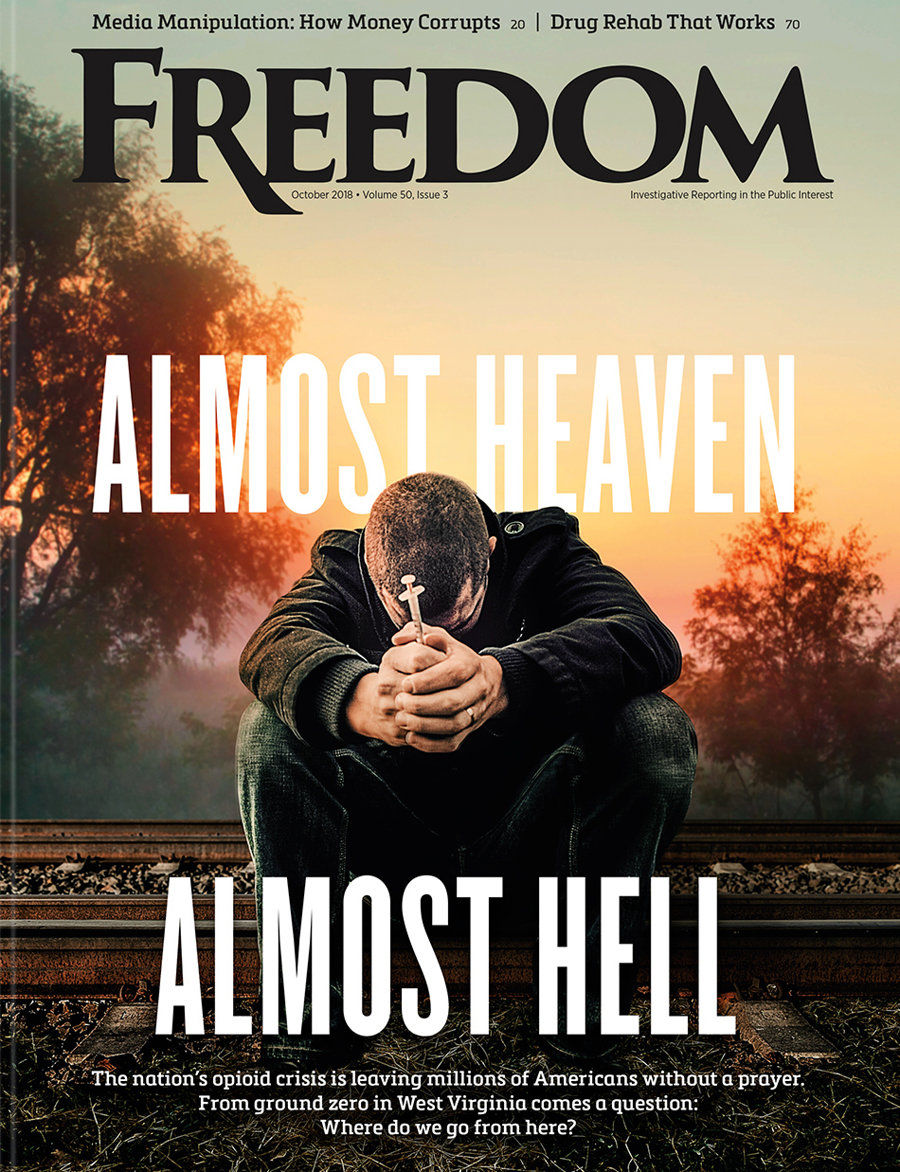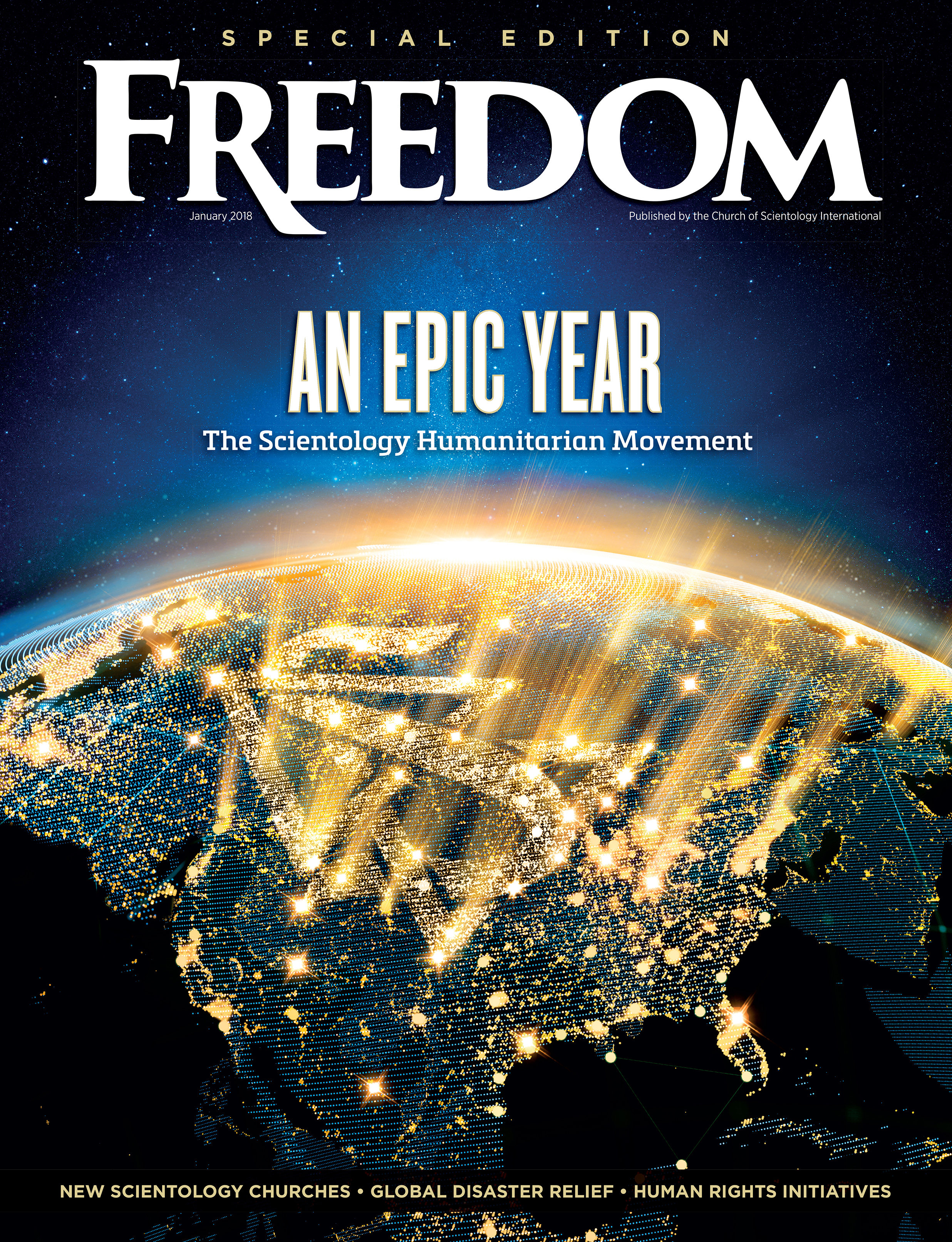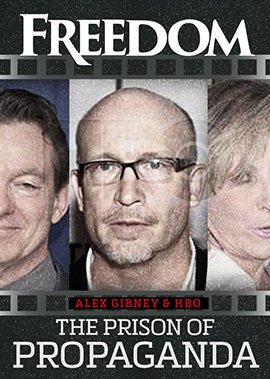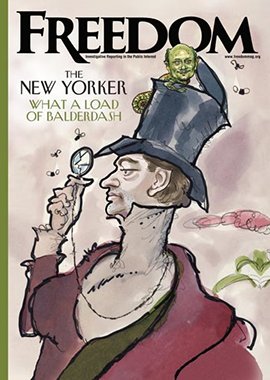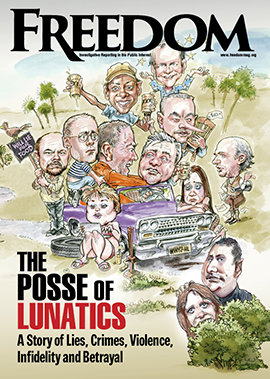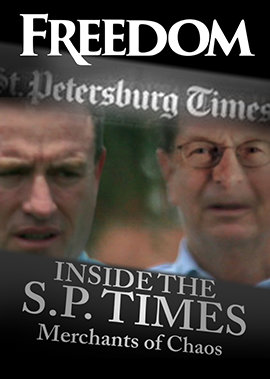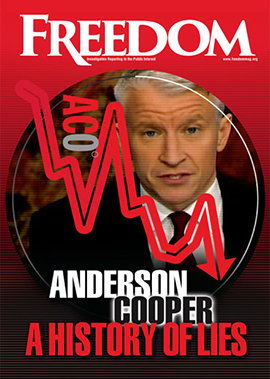
Ajay Singh
Associate Editor
ABOUT
Ajay is a Los Angeles-based journalist, writer, editor and newsroom manager with extensive experience in print, video and online news and features. Ajay previously worked as a staff correspondent for Asiaweek magazine in Hong Kong and in the New Delhi bureaus of The Associated Press and The Wall Street Journal Asia. He is also a published author.
LATEST STORIES
VIOLATIONS
Carly Sitzer’s Distractify Under Fire After “Fake Reporter” Byline Scandal
After a bigoted article written by Jennifer Farrington was met with public criticism, Farrington’s name disappeared and was replaced by a fake “reporter.”
VOLUNTEERISM
Church of Scientology Hosts Hero Awards Gala for Southern California Firefighters
They faced walls of flame, slept in cars and lost their own homes—yet kept fighting to save others. The Hero Awards Gala honored Southern California's bravest: the LA firefighters who never gave up.
MENTAL HEALTH
New Study Finds ADHD Drugs Are Causing Rampant Addiction as Prescriptions Soar
A new study reveals that nearly 1 in 10 adults prescribed ADHD drugs are addicted—many without ever “misusing” them—in an epidemic the psychiatric industry fuels for profit.
RELIGIOUS FREEDOM
Wyoming Joins Nationwide Push for Religious Freedom Protections with New Law
Wyoming now requires courts to use the toughest legal standard when government rules burden religious practice.
HUMAN RIGHTS
More Than 40 Allege “Horrific” Abuse, Including Rape, at Detroit Acadia Healthcare Facility
The reports come in the wake of a sexual assault lawsuit filed by three women against a former supervisor. It’s “uniquely egregious” alleged behavior at the Detroit Behavioral Institute.
DRUGS
Nitazenes Up to 40 Times More Potent Than Fentanyl Found in Wastewater in Both Hemispheres
Since their broader appearance on Europe’s illicit drug scene six years ago, nitazenes have been detected across nearly every continent, but they remain under-researched and rarely discussed.
VIOLATIONS
Rewriting History: AP’s Bias on Display in Latter-day Saints Temple Permitting
AP reporter with a history of shaded writing against The Church of Jesus Christ of Latter-day Saints wildly overstates criticism of a new Las Vegas house of worship without fact-checking or context.
DRUGS
Called a Public Health Catastrophe, Regulatory Failures Fuel an Overall 24 Percent Increase in Overdose Deaths
The FDA has played a substantial role in the crisis which takes some 222 lives each day, recklessly approving dangerous opioid drugs.
HUMAN RIGHTS
The Misery of Sex Trafficking in Cambodia—“Finding Home” Documentary Sheds Light on Painful Reality
Western activists play a pivotal role in rescuing and rehabilitating women and girls from the thriving sex trafficking industry in Cambodia.
MENTAL HEALTH
Harming in the Name of Help: Traveling Exhibit Shines Light on Psychiatric Human Rights Abuses
As psychiatric drug prescriptions soar, so do suicide rates, to the highest since 1941.












